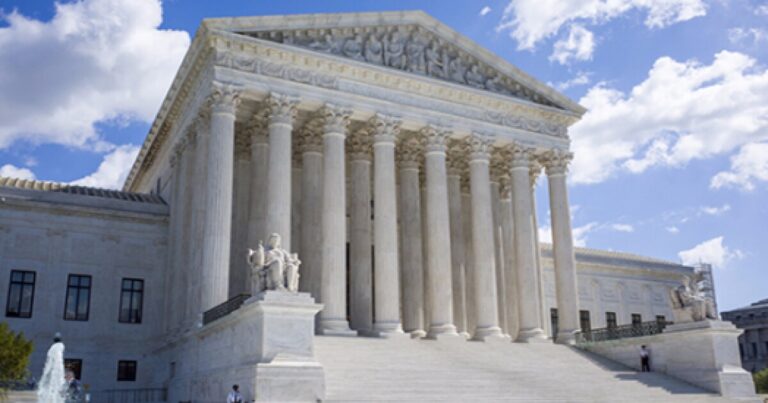
The Supreme Court held on June 12, 2025, that the Tax Court lost jurisdiction over a collective due process hearing when there was no longer an ongoing levy.
During the multiyear proceedings before the Tax Court and the Internal Revenue Service over an alleged outstanding tax liability, the taxpayer in the case — Jennifer Zuch — filed several tax returns that showed overpayments. Each time, the IRS applied these overpayments to her outstanding tax liability, rather than issuing refunds. Once her liability reached zero, the IRS moved to dismiss the Tax Court proceeding as moot, since the agency no longer had a basis to levy on the property.
In an 8-1 decision, the Supreme Court agreed with the service. The lone dissent was from Justice Neil Gorsuch.
The court’s decision in Zuch is a novel case that creates an exception to the general rule that the taxpayer gets to pick their preferred forum for resolving their tax dispute, according to Hinshaw & Culbertson partner Anshuman Vaidya.
“A taxpayer ordinarily gets to choose whether to go to the U.S. Tax Court, a U.S. district court, or the U.S. Court of Federal Claims to resolve their dispute with the IRS regarding the amount of tax owed. The Tax Court is often a preferred venue for taxpayers, as petitioners may file for relief without having paid the underlying tax first. However, the Tax Court generally hears cases taking place before the IRS issues a formal assessment. The district court or Court of Federal Claims are typically appropriate after assessment, but a taxpayer would first have to pay the IRS the tax owed and then sue the IRS for a refund in one of those forums,” he said.
But in addition to the responsibility of the IRS to assess tax, it also has the responsibility to collect tax. To aid in its collection efforts, the agency has authority to issue levies on bank accounts and property. Once it issues its notice of intent to levy, this triggers procedures that may ultimately allow the taxpayer to seek relief, post-assessment, in theTax Court, which then has jurisdiction to review all of the related issues surrounding the levy, including the underlying tax obligations supporting the levy.
“What this opinion makes clear is that if the IRS drops its levy, the Tax Court no longer has jurisdiction over the underlying tax dispute,” said Vaidya. The taxpayer’s only recourse may be to start over and file a suit for refund in the district court or the Court of Federal Claims if the statute of limitations for filing a refund suit has not expired. Thus, it is the rare instance where the IRS has some control over the forum in which a taxpayer’s dispute is actually heard. Taxpayers should therefore be wary of using IRS collection actions as a vehicle to get into the Tax Court to challenge their underlying tax disputes, as the IRS ultimately controls the keys to that vehicle.”
The National Federation of Independent Business disagreed with the decision, and filed an amicus brief in the case with the National Taxpayers Union Foundation and the National Association of Wholesaler Distributors.
“This decision will allow continued abuse of administrative authority and deny taxpayers the rights granted to them by Congress,” said Beth Milito, vice president and executive director of the NFIB’s Small Business Legal Center. “The IRS will now feel entitled to steal from taxpayers and leave small-business taxpayers with no outlet to challenge the IRS before their assets are seized.”


